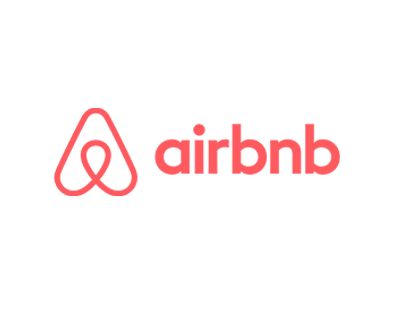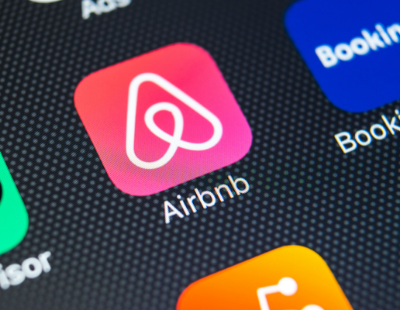
A report by the British Hospitality Association appears to reveal the latest estimates of the impact of people who use Airbnb to act as ‘virtual landlords’ letting out their property - and impacting on the traditional private lettings sector.
The BHA says it is concerned generally about the lack of transparency of data from home sharing websites such as Airbnb - its worry is on the impact of the website and other similar services on the hotel sector as well as on the potential of such platforms to circumvent regulations and tax.
But it says as the difference between rents charged for long-term compared to short-term lets is extremely high, there are incentives for those who are actually private rental sector landlords to let their investment properties on a more lucrative short-term basis, and without letting agents to insist on regulations.
“Single owners in London let multiple properties and are able to operate with minimal overheads by avoiding health and safety, food safety and planning regulations” says the BHA.
“In London it is estimated that last year up to 39.8 per cent of Airbnb hosts were letting more than one property, with some letting as many as a hundred but figures are not available from the home sharing websites themselves” claims the association.
The BHA is calling for greater transparency of these intermediary websites, regulation and enforcement of health and safety and food standards, as well as compliance with the maximum 90 days a year letting allowed in London, without planning permission.
The BHA proposes that platforms restrict hosts from letting beyond 90 days and notify the relevant authorities (HMRC and local councils) of those ‘hosts’ letting entire or multiple properties.
The association has set out a series of questions that it believes would support greater transparency and provide a more robust assessment of the impact of intermediary websites such as Airbnb on tourism, tax, housing and communities in London.
1. Of a total of Airbnb’s 24,100 London hosts, how many last year rented more than one property and how many multiple landlords operated more than one property or a portfolio of accommodation via this intermediary website?
2. What is the impact of sharing accommodation sites like Airbnb on prices of rental stock in London?
3. How much did Airbnb’s top 100 hosts earn last year?
4. How many entire properties on Airbnb in London were let for more than 90 days last year?
5. Will platforms provide details of properties available for short lettings so that inspections, such as fire safety, can be more easily carried out?
6. Will the extended power of HMRC to request information from intermediaries such as home sharing platforms present an opportunity for greater transparency on the part of platforms?













%20-%20IMAGE%20Client%20Accounting%20%E2%80%93%20what%20are%20your%20options.jpg)









Join the conversation
Jump to latest comment and add your reply
There must be so many apartments offered on a serviced short stay basis, within leasehold blocks where the lease does not allow non-AST Lets, and where the block insurance only covers owner occupation or standard AST letting. So in practice these short stay apartments are not insured, and have no public liability cover. The Airb&b terms and conditions do point this out, but this info is very much in the small print, rather than being headlined as essential reading. Air b & b in the UK I believe therefore is a flawed business model until they ask their landlord clients to show they have the correct public liability insurance in place.
Please login to comment